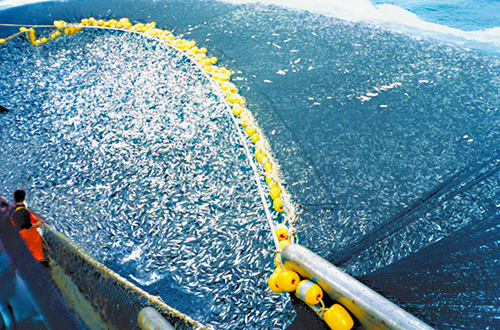Nusa Dua (Greeners) – Less fishing leads to increase global food security in the long term, cited a senior official of World Bank at Ocean World Summit 2017, in Nusa Dua, Bali, on Friday (24/5).
The Sunken Billions Revisited, a study reported in 2009, said that lesser fishing will be able to save fish from over-exploitation and generates additional income up to 83 billion dollars per year.
Laura Tuck, Vice President for Sustainable Development, World Bank, said that if the policy was applied, it would increase the selling price of fish. The profits spike up from three billion dollars to 86 billion dollars per year.
The sustainable fishing method will also support demands for sea food and increase food security in the world.
READ ALSO: Greenpeace Indonesia: Indonesia ‘Not Transparent’ Revealing Its Marine Issues
Sustainable fishing management, said Tuck, if managed in accordance to local condition, it will bring benefits, such as food security, poverty eradication and long term growth.
Reform experiences such as in Peru, Morocco, Pacific islands and West Africa, showed potential of reducing over fishing through local reform which will lead to employment and job security for coastal areas.
“The changes in global fisheries policies will also ensure long term fish stock declining in the world because 90 percent of sea food business, monitored by Food and Agriculture Organization (FAO), is over-fishing,” said Tuck adding 75 percent rising in 2005.
BACA JUGA: Indonesia’s Promising Marine
Karmenu Vella, commissioner for environment, marine and fisheries, European Commission, said that the policy to reduce fishing will give big impacts to ocean economics activities as the potential was still dominated by terrestrial activities.
“So, it is huge economic opportunities if managed properly and sustainable,” she said.
Previously, Minister of Marine and Fisheries Susi Pudjiastuti said that Indonesia only invested 30-40 percent on marine sectors with most of them bought ships quietly and did not report to the government.
“Those fishes were eventually sold overseas,” said Minister Siti.
Reports by Danny Kosasih



















































